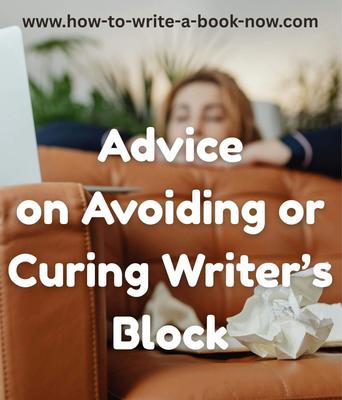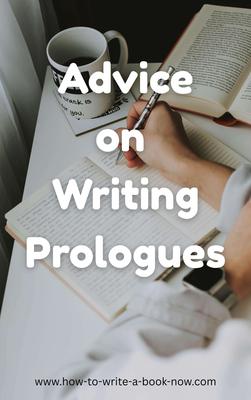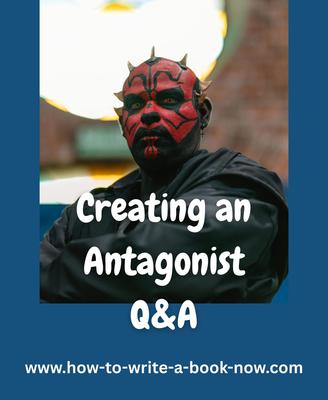I jump around during the writing process. Is that bad?
by Adria Lang
(Ontario Canada)
Question: When I'm plotting out specific scenes that pique my interest at the time, I often freefall or scribble dialogue that happens later in the story, perhaps even books later.... I don't know where they fall yet because I just know that these events will eventually happen and I'd like to get them down while I am feeling conviction about these scenes or the characters' actions. I know enough about my characters that their actions will be consistent enough, but in your opinion, do you think that this writing approach may be destructive or prolong the process??? I just find it difficult to start at chapter 1 and go. It's almost too linear for my Aquarius brain.
Answer: I'm all for recording ideas when they come to you, before they get forgotten. I'm also a plotter by nature, so I like to plan what's coming.
What you might want is some kind of a map for your story, so that when an idea comes to you you can stick it onto the appropriate spot on the map where it will eventually be used. As the map gets gradually filled in, you will be able to edit the ideas into a consistent whole. You can see if there are any that need to be moved around, etc.
Some people use software programs, paper files, or notebooks to record these ideas. Personally, I prefer a system that lets me see the entire story at a glance - a wall chart or bulletin board. You have to find a system that works for you - that lets you file as many ideas for future reference as you like, while making sure nothing gets lost. Ideally, it should be a system that lets you easily see the relationships between different ideas or parts of the story so you know if you are building up a consistent whole, and if what you are writing now will fit with the ideas you want to use later.
Of course, it may happen that, as you work on the story, you may find that some of the ideas you had earlier no longer fit with how the story has evolved. In that case, you must choose whether to revise your map or revise what you've written. Always make choices that increase your passion for the story.
Comments for I jump around during the writing process. Is that bad?
|
||
|
||
|
||
|
||
|
||
|
||
- Home
- Plot Questions
- I jump around during the writing process. Is that bad?















